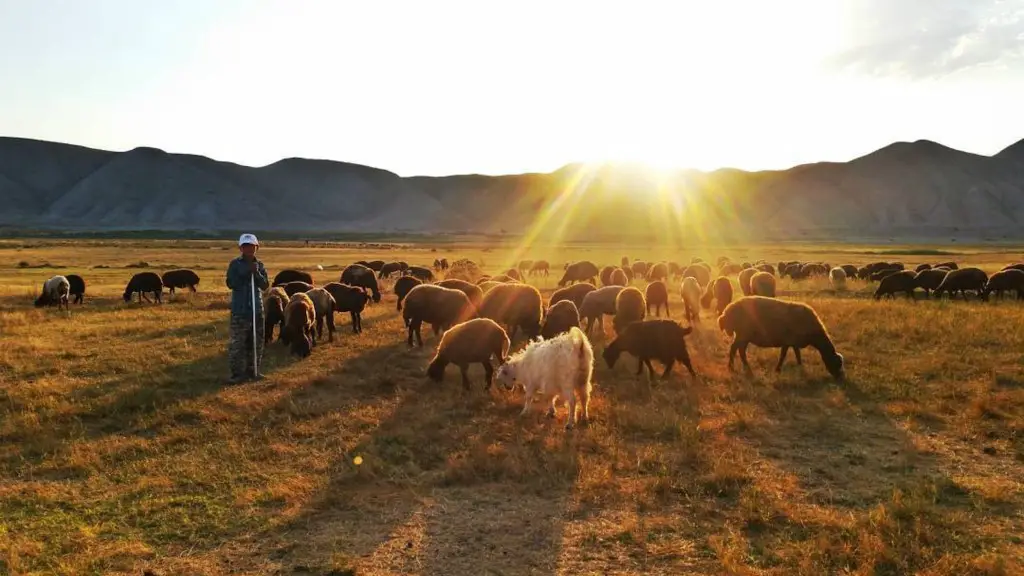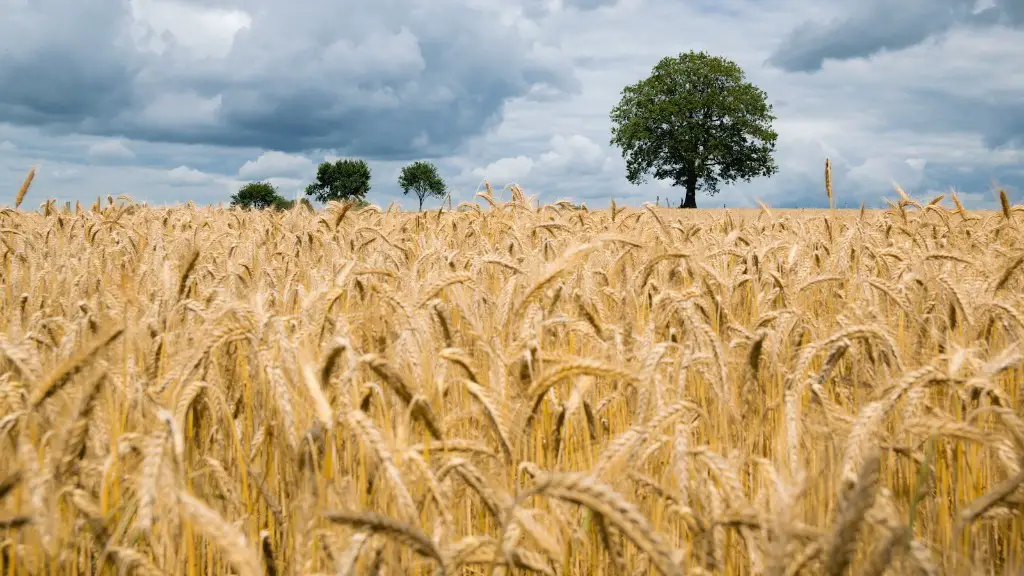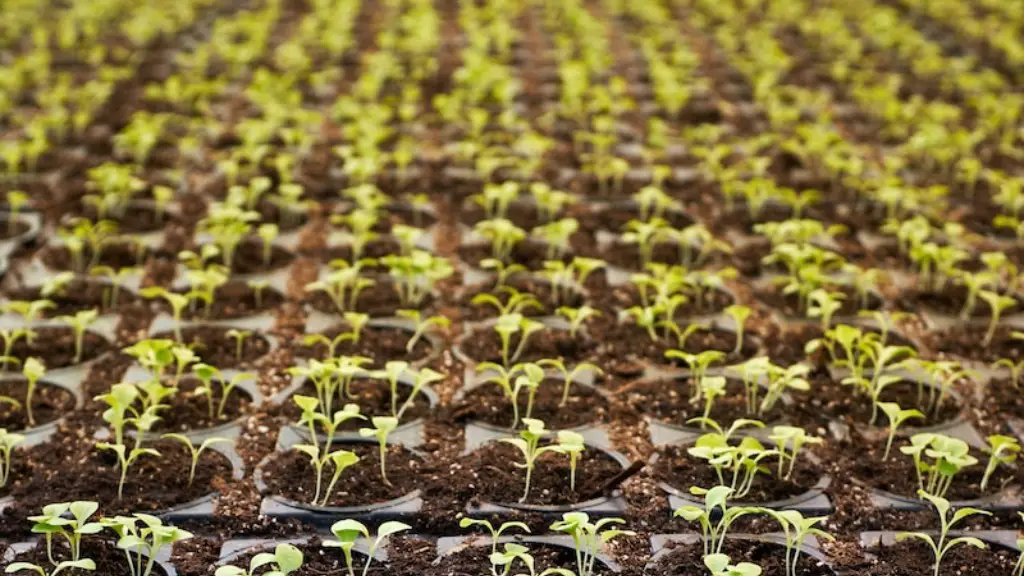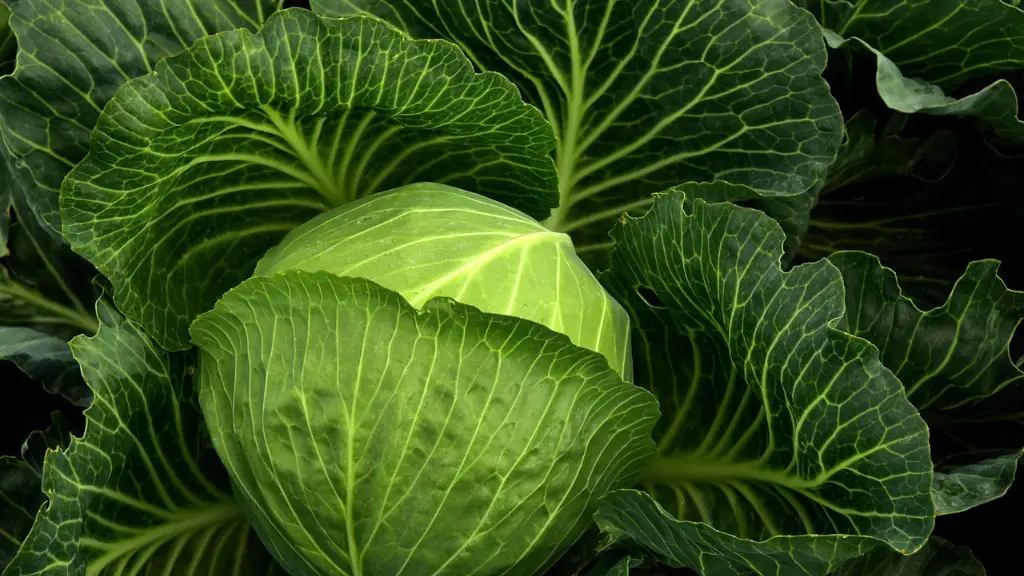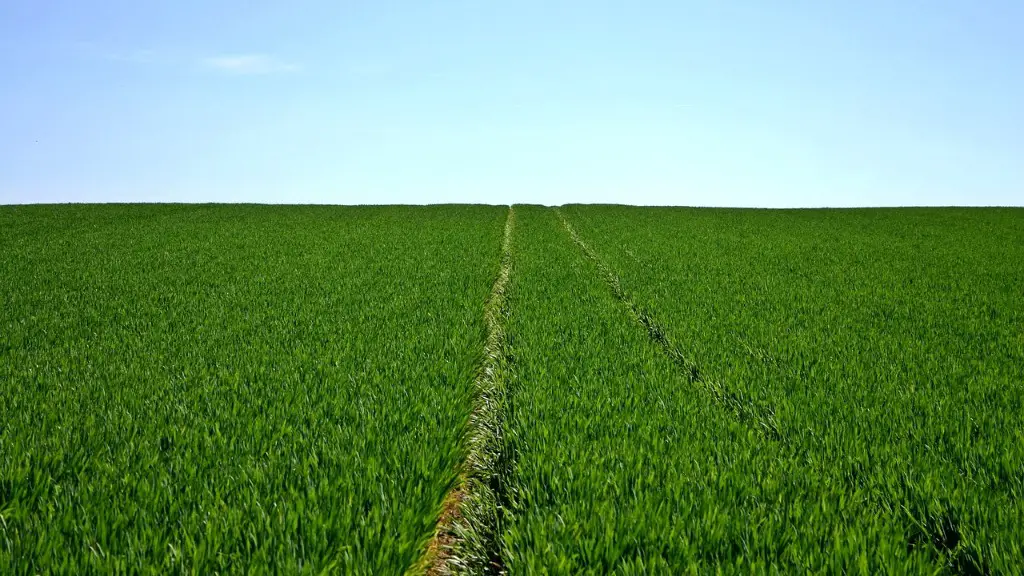Organic agriculture is a form of farming that focuses on using natural processes and materials, rather than artificial ones. This type of agriculture can have a positive effect on society in a number of ways. For instance, organic agriculture can help to reduce pollution and conserve resources. Additionally, it can create jobs and support local economies. Finally, organic agriculture can promote better health for both people and animals.
There are a few ways that organic agriculture affects the society. For one, it creates more sustainable and environmentally friendly farms. It also can lead to healthier food options for consumers and improved social and economic conditions for farmers.
How does organic agriculture affect the economy?
Organic agriculture can affect the costs of production in a few ways. First, organic farmers may rely more on resources that are recycled on-farm, such as compost, rather than purchased fertilizers and pesticides. This can save the farm money in the long run. Second, organic farms may use more labor-intensive methods, such as hand weeding, which can increase the farm’s overall labor costs. However, organic products often sell for a higher price, so the increased costs may be offset by the higher revenue.
Organic farming is a type of agriculture that relies on natural processes, rather than the use of synthetic inputs, such as pesticides and fertilizers. Organic farming is widely considered to be a far more sustainable alternative when it comes to food production. The lack of pesticides and wider variety of plants enhances biodiversity and results in better soil quality and reduced pollution from fertilizer or pesticide run-off.
How does organic food affect the community
Organic farming is better for the environment because its practices involve less pollution soil erosion, and energy. Eliminating the use of pesticides in farming also benefits nearby birds and animals and people who live close to farms.
Overall, organic farms tend to store more soil carbon, have better soil quality, and reduce soil erosion compared to their conventional counterparts. Organic agriculture also creates less soil and water pollution and lower greenhouse gas emissions.
Organic farms can support substantially higher levels of wildlife especially in low lands and where animals can roam in pastures or graze on grassland. Not only does wildlife benefit from organic farming methods, but entire ecosystems and ground water are also improved.
Organic farming is an eco-friendly farming method that does not use harmful pesticides and chemicals. This type of farming promotes sustainable development and is healthier for both the environment and the people consuming the food. Organic food is also tastier and more nutritious than food that is grown with the use of chemicals. Organic farming is an inexpensive process that uses organic inputs, such as manure and compost, to fertilize the soil. This type of farming also generates income through exports of organic products. Organic farming is a source of employment for many people, especially in rural areas.
What is the importance of organic farming in today’s world?
It is important to maintain environment health by reducing the level of pollution. This is important for human and animal health hazards by reducing the level of residues in the product. It helps in keeping agricultural production at a sustainable level. This reduces the cost of agricultural production and also improves the soil health.
Organic agriculture is a sustainable production system that benefits the environment and the farmers. It is a holistic system that takes into account the interactions between the environment, the plants, and the animals. Organic agriculture promotes and enhances agro-ecosystem health, including biodiversity, biological cycles, and soil biological activity.
What are 2 positives about organic farming
Organic farming systems have found many advantages, including that: yields match conventional yields after a five-year transition, outperforms conventional farming in years of drought by up to 40%, earns 3–6 time greater profit for farmers, leaches no toxic chemicals into waterways, and uses 45% less energy.
Organic agriculture may offer some advantages over nonorganic agriculture in terms of soil quality and reduced nutrient and pesticide leaching. However, more research is needed to assess the magnitude of these impacts and whether they are consistent across different agricultural systems.
What are the positive impacts of agriculture on the environment?
When agricultural operations are sustainably managed, they can serve as a critical tool in preserving and restoring vital habitats, protecting watersheds, and improving soil health and water quality. Sustainable management practices help to ensure that agricultural lands will continue to provide these important ecosystem services into the future.
Organic farming is a type of agriculture that relies on natural processes, rather than the use of artificial inputs. This means that organic farming is less dependent on fossil fuels, expensive inputs, and annual loans, making it less vulnerable to financial market fluctuations. In addition, organic farming is a low-waste system that emphasizes quality over quantity, meaning it uses less land for the same profit.
Can organic agriculture feed the world
Organic farmers can use non-synthetic pesticides to help prevent food shortages, but these products may not be as effective as synthetic pesticides.
Farm families typically experience a great deal of satisfaction from the social benefits their farm provides. These benefits can include anything from seeing the effects their farm has on the people who spend time there, to making a difference in the lives of individuals, to helping typically excluded people to become more included. Whatever the specific benefit, it is clear that farm families gain a great deal of fulfilment from the social benefits their farm provides.
How is organic farming better for humans?
Organic food production has many advantages, one of which is the restricted use of synthetic pesticides. This leads to low residue levels in foods and thus lower pesticide exposure for consumers. It also reduces the occupational exposure of farm workers to pesticides and drift exposures of rural populations.
Organic farming is a type of agriculture that relies on organic materials, such as manure, to fertilize crops, instead of chemicals. It also involves using natural methods, such as crop rotation, to control pests and diseases.
There are several advantages to organic farming. First, it does not use chemicals that can be harmful to the environment. Second, it supports healthier soil and pollinators. Finally, it does not use genetically-modified food items.
However, there are also some disadvantages to organic farming. First, the food items produced are often more expensive. Second, the production costs are often higher.
Conclusion
There are a few key ways in which organic agriculture affects society. First, organic agriculture supports sustainable practices that protect our natural resources. This includes things like using less water and energy, and creating less pollution and waste. Second, organic agriculture helps to build healthier soils, which in turn produces healthier food. This is important for both human and environmental health. Third, organic agriculture creates jobs and boosts local economies. Finally, organic agriculture promotes food security by diversifying our food supply and supporting small-scale farmers.
Organic agriculture is a growing industry that is having a positive impact on society. It is providing consumers with food that is free of toxins and chemicals, while also helping to preserve the environment. Organic agriculture is a sustainable option that is good for both people and the planet.
